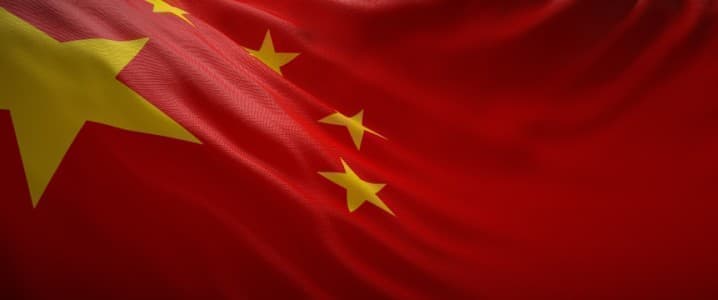China has strategically leveraged the ongoing conflict in Ukraine to bolster its global standing and portray itself as a proactive peace broker, all while criticizing the United States for its military support to Ukraine.
Amidst the stalled U.S. military aid for Ukraine and wavering Western support, China has found an opportunity to assert itself, potentially shaping its future actions, particularly concerning Taiwan.
The conflict in Ukraine has not only strengthened China’s ties with Russia but also increased Russia’s economic dependence on China, paving the way for sustained collaboration between the two powers.
While Chinese leader Xi Jinping faces domestic challenges such as sluggish economic growth and a declining property market, his administration appears emboldened on the international stage.
China’s stance of not being directly involved in the conflict has enabled it to capitalize on the fallout from Russia’s invasion, enhancing its image as a leader among developing nations and positioning itself as a mediator in the crisis while simultaneously accusing the U.S. of exacerbating the situation through its military assistance to Ukraine.

China’s Advantage in Ukraine Conflict: Impact on Taiwan and Global Affairs (Credits: Reuters)
Furthermore, China perceives the waning Western support for Ukraine, particularly evident in the prolonged blockage of billions of dollars worth of U.S. military aid by Congress, as a sign of the West’s potential fatigue and disillusionment with the conflict. This wavering support is likely to be closely observed in Beijing and may influence China’s calculus, especially regarding its future actions concerning Taiwan.
The evolving dynamics of the Ukraine conflict have also brought China and Russia closer together, despite occasional attempts by Beijing to maintain some distance. China’s economic assistance and political support to Russia have reinforced this partnership, with Russia becoming increasingly reliant on China’s economic support.
Looking ahead, U.S.-China relations remain a top priority for Xi Jinping, particularly given the unpredictability surrounding the upcoming U.S. presidential election. While a potential return of former President Donald Trump could further strain relations with China, it may also weaken U.S. alliances globally, potentially altering the geopolitical landscape.
For Taiwan, the stalled aid to Ukraine and the possibility of a more unpredictable U.S. administration raise concerns about potential abandonment by its allies. Taiwanese officials express apprehension about the implications of Ukraine’s fate on their own security, emphasizing the importance of Ukraine’s resilience in sending a message to the Chinese Communist Party regarding Taiwan.
In conclusion, while the geopolitical winds may shift in the future, for now, China appears to be benefiting from the dynamics of the Ukraine conflict, solidifying its position as a global player and influencing its strategic calculations, particularly concerning Taiwan.























